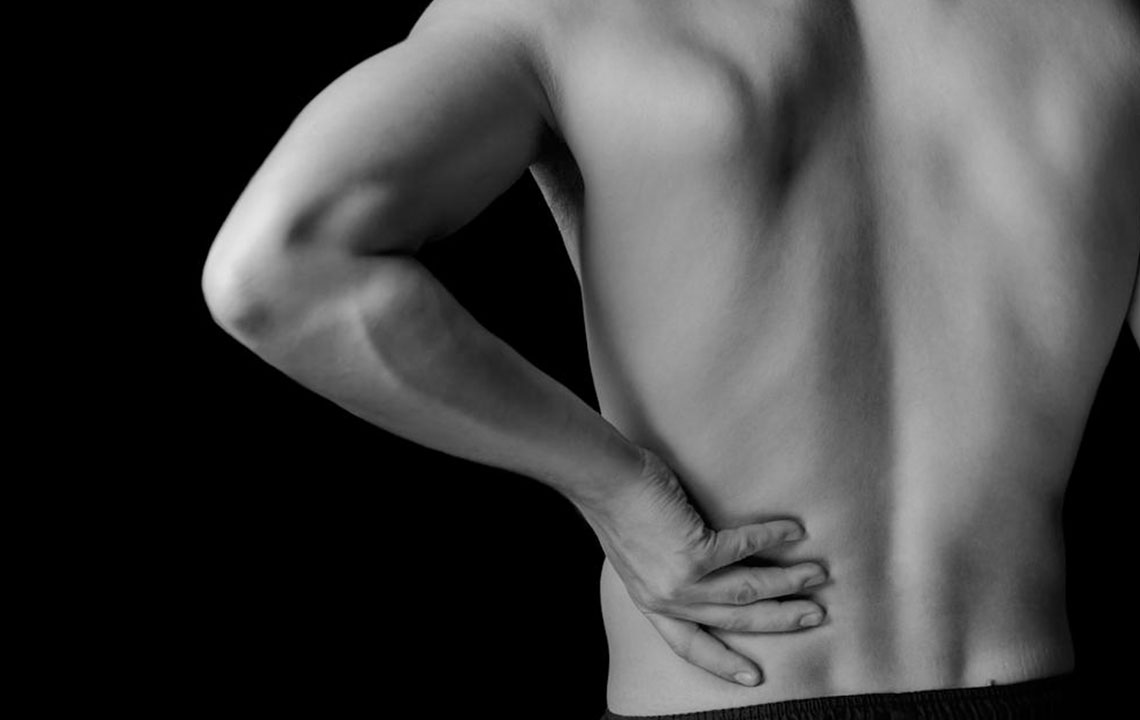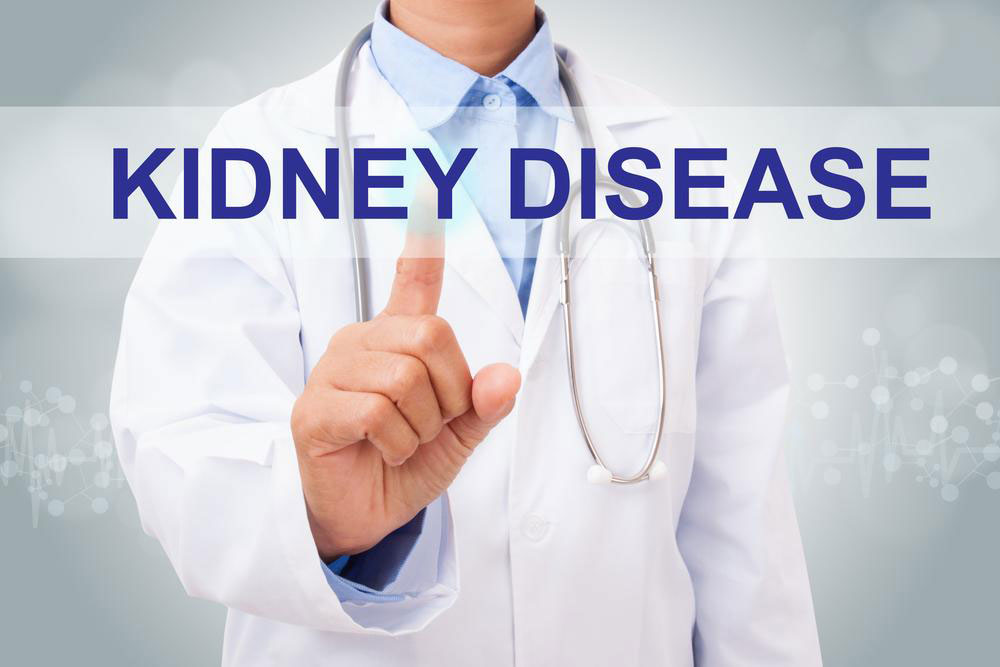Linking Lower Back Pain to Kidney Health: What You Need to Know
This article explores the vital link between lower back pain and kidney health, highlighting common causes like stones, infections, and cancers. Early symptom recognition and timely medical intervention can prevent serious complications. Maintaining kidney health through awareness and regular check-ups is crucial for overall wellbeing.

Kidney organs, located on either side of the human body, are vital for filtering blood, balancing fluids, controlling blood pressure, and eliminating waste. Conditions like kidney stones, infections, tumors, or cysts often manifest as lower back discomfort. This pain, especially around the flank area between the ribs and hips, can indicate serious kidney problems requiring medical attention. Recognizing symptoms early is key to preventing complications. Symptoms such as sharp pain, fever, or persistent discomfort should prompt consultation with healthcare professionals for timely diagnosis and treatment.
Kidney stones are mineral deposits that form inside the kidneys, causing intense, fluctuating pain that can radiate to the groin. These develop from dietary factors or genetics. While small stones may pass unnoticed, larger ones often require treatments like lithotripsy. Adequate hydration and limiting oxalate-rich foods can help prevent stone formation.
Kidney infections, predominantly caused by bacteria like E. coli, can produce severe lower back pain, fever, and chills. Early antibiotic therapy is essential, complemented by remedies such as warm compresses, increased fluid intake, and avoiding alcohol and caffeine.
Renal cancers, including kidney cell carcinoma, may cause persistent pain beneath the ribs. Risk factors encompass age, obesity, smoking, high blood pressure, and hereditary conditions. Treatment involves surgical removal—total or partial—and advanced options like cryoablation, radiofrequency ablation, targeted drugs, radiation, or biological therapies. Early detection significantly improves outcomes.
Renal infarction occurs when blood flow to the kidney is blocked, leading to tissue death and severe flank pain. Recognizing this rare condition is vital, as it requires treatments such as pain relief, angioplasty, or clot removal procedures. Consulting a nephrologist promptly ensures proper management.
This article emphasizes the importance of understanding the connection between lower back pain and kidney health. Prompt recognition of symptoms enables early diagnosis and effective treatment, safeguarding overall health. Regular check-ups and awareness are essential for maintaining kidney function.


